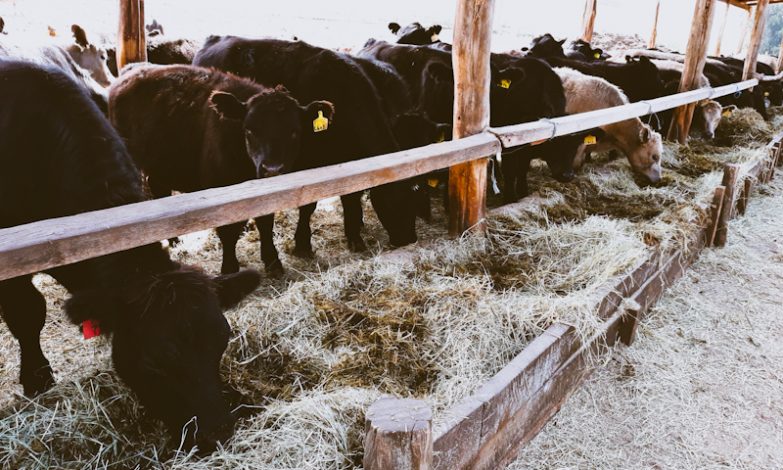Kenya Bureau of Standards has introduced 24 new guidelines to enhance the quality and safety of animal feeds.
According to KEBS, the enhanced specifications were developed to support the growing demand for proteins of animal origin which has led to intensified livestock production and subsequent use of selected feed grains and fodder seeds.
Further, they will aid the industrial advancement of the food and agriculture sectors to meet the increased demand for animal proteins and support economic growth as the country fights COVID-19.
The 24 Standards are among the 243 standards approved by KEBS to support growth in food and agriculture, housing and construction, healthcare as well as general manufacturing sectors as the country fights Coronavirus (COVID-19).
“They will give the much-needed boost, as industries face unique challenges posed by the Covid-19 pandemic, by providing solutions that address quality and sustainability issues,” said Lt. Col (Rtd.) Bernard Njiraini, Managing Director, KEBS.
The Standards will address variety specifications, formulations, and terms used in animal feedstuffs, methods of tests for important quality and safety parameters for oilseed by-products (used as raw materials for animal feeds), fertilizers and cereals/pulses.
They will also provide specifications for potato flakes and cottonseed and application of molecular biomarkers for the detection of adulteration of food and feed even when the element of detection is present in very small amounts.
According to the Food and Agriculture Organization of the United Nations (FAO), the consumption of animal products continues to rise worldwide and has driven demand for animal feed products hence critical to ensure that feed safety is guaranteed across the chain.




